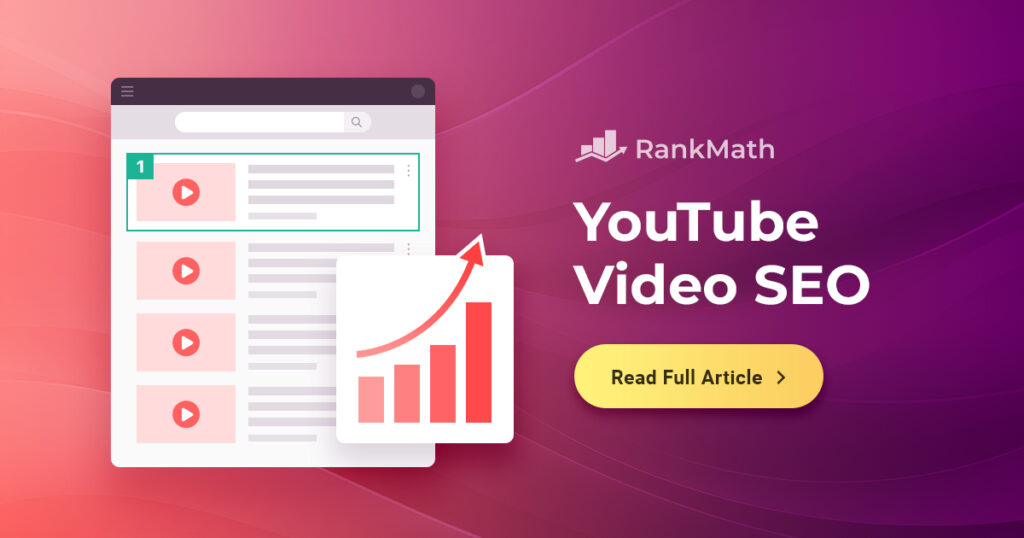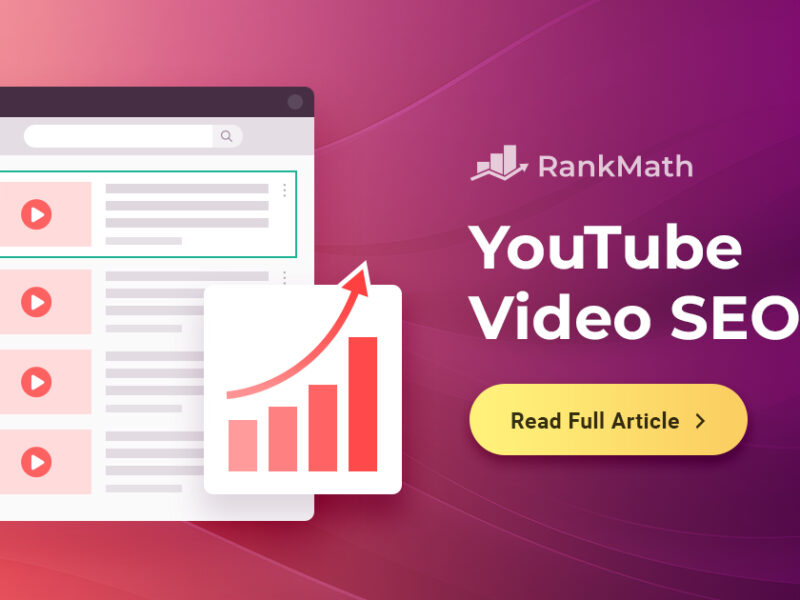
Whether you’re a content creator, brand marketer, or just getting started with your YouTube channel, optimizing your videos for search is essential. With over 2 billion logged-in monthly users, YouTube is the world’s second-largest search engine — and mastering YouTube SEO (Search Engine Optimization) can significantly boost your visibility, subscribers, and video performance.
In this guide, we’ll walk through everything you need to know about YouTube SEO — from keyword research to advanced optimization techniques.
What is YouTube SEO?
YouTube SEO is the process of optimizing your YouTube videos, playlists, and channel to rank higher in YouTube’s search results and recommendations. This involves both on-page strategies (titles, tags, descriptions) and behavioral signals (watch time, click-through rate, engagement).
Why YouTube SEO Matters
📈 More Visibility: Helps your videos appear in YouTube search and suggested videos.
👥 Audience Growth: Brings in organic subscribers who are searching for content like yours.
💰 Monetization Potential: Higher views can lead to better ad revenue and sponsorships.
🔗 Cross-Platform Leverage: Good SEO can also boost your visibility on Google (which owns YouTube).
Step 1: Keyword Research for YouTube
Before you hit “record,” know what people are searching for.
🔍 Use These Tools:
YouTube Search Suggestions (start typing and note what auto-completes)
Google Trends → “YouTube Search” filter
TubeBuddy or VidIQ Chrome extensions
AnswerThePublic
🎯 Find keywords that are:
Relevant to your content
Low to medium competition
High in search volume
💡 Example: Instead of just “photography,” try “beginner photography tips for portraits.”
Step 2: Optimize Your Video Title
Your title is the #1 factor for SEO and click-through rate.
✅ Best Practices:
Include your target keyword naturally
Make it compelling and curiosity-driven
Keep under 60 characters to avoid truncation
📝 Example:
Bad: “My New Camera”
Good: “Sony A7 IV Review: Best Camera for 2025?”
Step 3: Write a Keyword-Rich Description
YouTube uses your video description to understand the content.
🛠 Tips:
Use your main keyword in the first 1–2 sentences
Write at least 250–300 words
Include timestamps, links, and relevant hashtags
Add a call-to-action (subscribe, visit your site, etc.)
Step 4: Use Relevant Tags
While tags are less important than they used to be, they still help with context.
🏷 Tag Strategy:
Primary keyword as first tag
Variations and synonyms
Niche/related topics
📌 Example Tags:
“vegan dinner recipes,” “easy plant-based meals,” “30-minute vegan recipes”
Step 5: Custom Thumbnails
Thumbnails impact your click-through rate — and a higher CTR improves rankings.
🎨 Design Tips:
Use bold text and high contrast
Highlight faces or reactions
Stay consistent with your brand style
🛠 Tools: Canva, Adobe Express, Snappa
Step 6: Optimize Video Content for Retention
YouTube rewards videos that keep viewers watching.
🧠 Viewer Retention Tactics:
Hook your audience in the first 10 seconds
Use pattern interrupts (visuals, text, cuts)
Structure content with chapters
Add on-screen graphics or captions
Step 7: Engage Your Audience
Comments, likes, and shares signal quality to YouTube.
💬 Engagement Tips:
Ask a question at the end of your video
Respond to every comment
Pin a comment with additional value
Step 8: Promote Your Video
Don’t just upload and hope.
📣 Promotion Channels:
Embed in blog posts or newsletters
Share on Reddit (if relevant)
Post clips to Instagram/TikTok
Use the Community tab (once unlocked)
Step 9: Use YouTube Analytics
Track performance and adjust.
📊 Focus on:
Traffic sources (Search vs. Suggested)
Click-through rate (CTR)
Average view duration
Subscriber gain/loss per video
Use this data to double down on what works.
Step 10: Optimize Your Channel
Think beyond just one video.
🛠 Channel Optimization:
Create keyword-rich playlists
Add a compelling channel description
Use a channel trailer that speaks to your ideal viewer
Create a custom URL and branded visuals
Bonus: Advanced Tips
Add closed captions or upload your own subtitles
Use end screens and cards to boost watch time
Link related videos in the description
Use Chapters (Timestamps) for better UX and SEO
Final Thoughts
YouTube SEO is not about gaming the algorithm — it’s about understanding what your audience wants and making your content discoverable. With consistent optimization and valuable content, you’ll not only grow your reach but also build a loyal subscriber base.
🚀 Ready to rank higher? Start optimizing your next video today!




Comments (2)
Riva Collins
It’s no secret that the digital industry is booming. From exciting startups to need ghor fore global and brands, companies are reaching out.
Obila Doe
There is absolutely no justification for an attack like this in our communities and we must all work together to bring those responsible to justice.